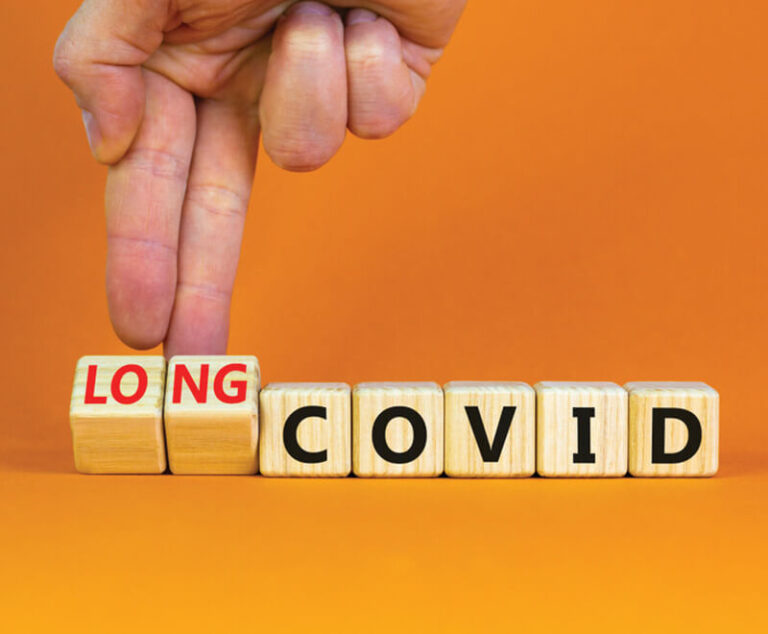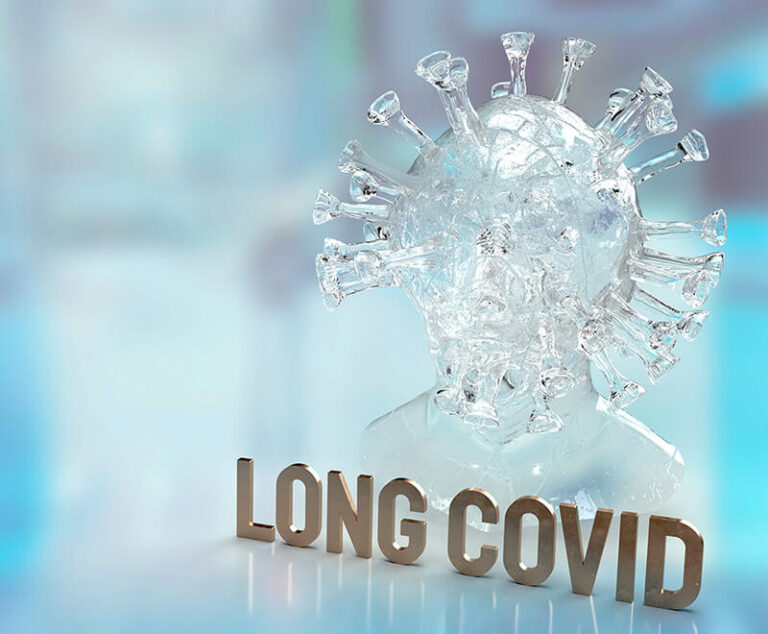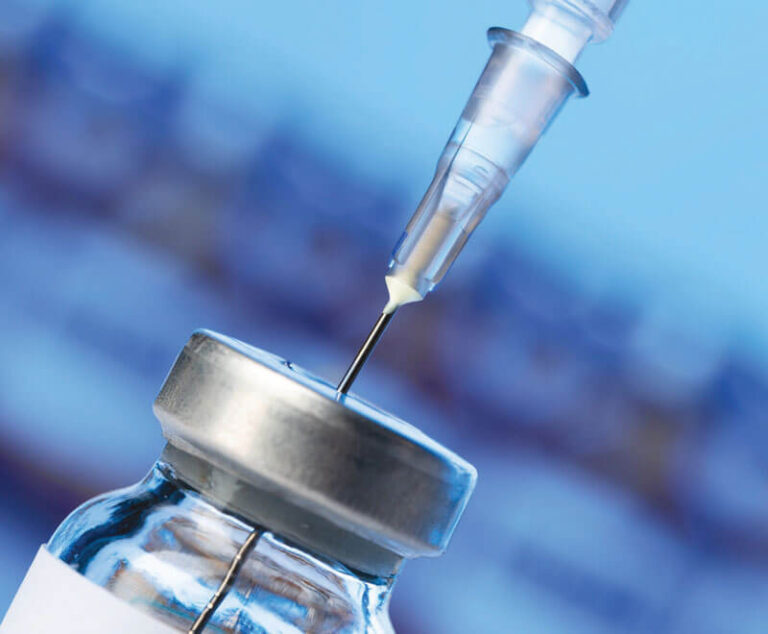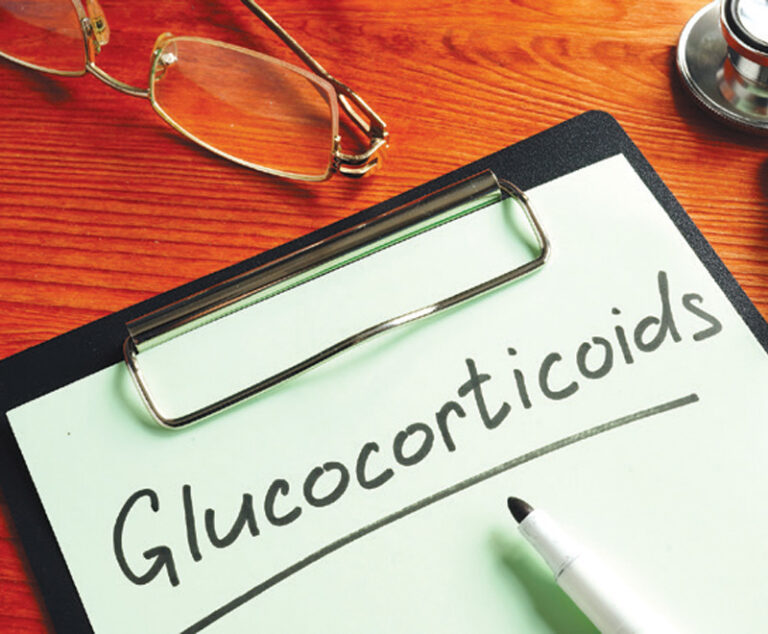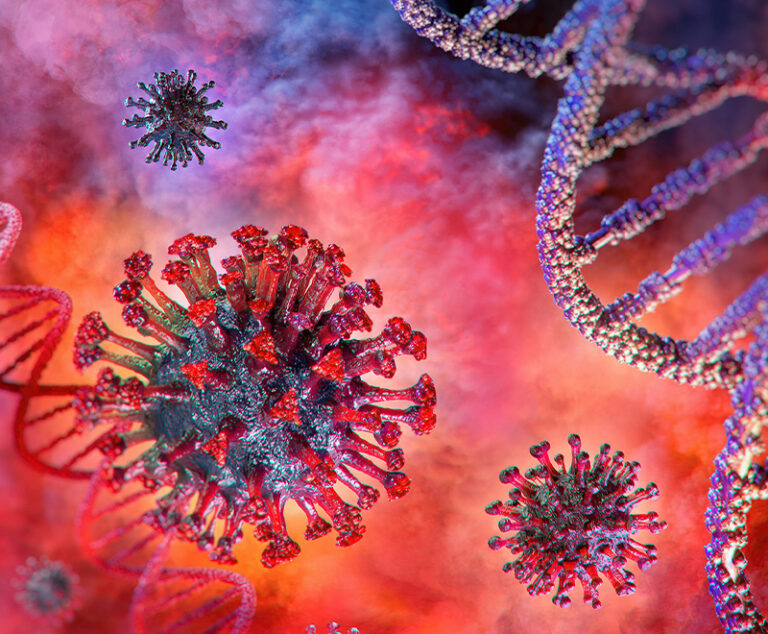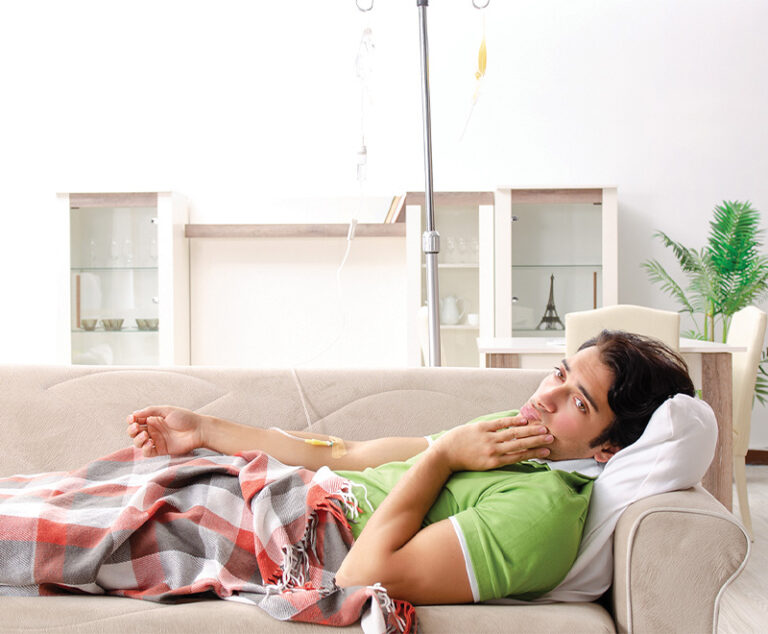Industry News
Research, Science & Manufacturer Updates
COVID Articles
The U.S. Department of Health and Human Services announced nine grant awards $1 million each for up to five years to support existing multidisciplinary Long COVID clinics across the country.
The U.S. Department of Health and Human Services has founded the Office of Long COVID Research and Practice to lead the Long COVID response and coordination across the federal government. In addition, the National Institutes of Health launched Long COVID clinical trials through the RECOVER Initiative.
The U.S. Department of Health and Human Services (HHS) has issued an amendment to the declaration under the Public Readiness and Emergency Preparedness (PREP) Act for medical countermeasures against COVID-19.
The U.S. Food and Drug Administration has amended the emergency use authorizations of the. Moderna and Pfizer-BioNTech COVID-19 bivalent mRNA vaccines to simplify the vaccination schedule for most individuals.
U.S. scientists have developed a new genomic test that can predict a patient's risk of developing severe COVID-19, an advance that could help doctors quickly begin tailored treatment.
Despite technical challenges, some companies are working on making a combination COVID and flu vaccine.
A new systematic review and meta-analysis conducted by U.S. and Nepalese collaborators supports the use of IVIG with glucocorticoids compared to IVIG alone.
Researchers at the Texas Children’s Hospital Center for Vaccine Development at Baylor College of Medicine are developing a COVID-19 vaccine using a conventional method that will make the production and distribution cheaper and more accessible.
Investigators found COVID-19 infection altered the mothers’ immunity at delivery, and gestational COVID-19 exposure alters the immunity of newborns.
A new study demonstrates how severe acute respiratory syndrome coronavirus disease 2 (SARS-CoV-2) infection could be associated with an autoimmune response and development of autoantibodies.
Transition of clinic-based to home-based intravenous immune globulin (IVIG)/subcutaneous IG (SCIG) infusion can be successfully done to decrease potential exposure during a pandemic in a high-risk immunosuppressed population.
The National Institutes of Health is conducting a $470 million study to determine why COVID-19 symptoms persist for so long among many patients.
